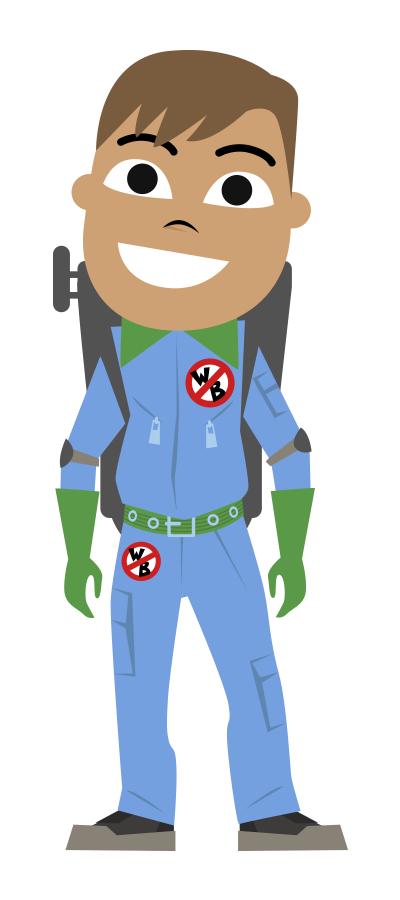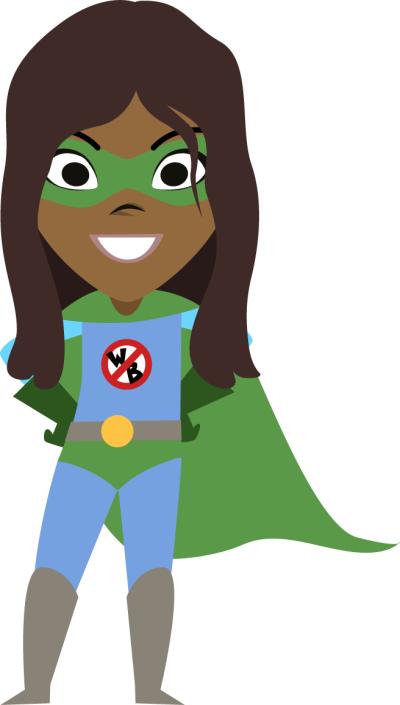Word busting
Word Busting
The FJYPB has worked with Cafcass to help create new clear and jargon free language to be used when speaking to or writing about children and young people. It encourages the use of plain English, with simple explanations to help children and families understand the role of Cafcass and what is happening to them during their time involved in family court.
Totally busted words are words or phrases that are to be completely replaced in all communications about or with a child or young person.
Words that are busted with an explanation are words that may need to be used in communications for legal reasons but should be followed with an explanation and replaced with an alternative word where suitable.
Mind your language!
The FJYPB has also compiled a list of words and phrases that they often hear during family law proceedings. They want to encourage all professionals to stop using these and to think about the ways in which they speak to children and young people and how they refer to them in their reports, on file and to other professionals.
Busted Words
Totally busted - SEN (Special Educational Needs)
Ask the young person how they would describe themselves. Always remain respectful and describe the child or young person’s behaviour in clear child friendly language.
Be specific and say “_____ needs help/ support/ guidance with _____ “.
Busted with an explanation - Sections. For example, Section 7, Section 37.
Explain in the child’s file what the section means – what is this for and how does it relate to each individual child?
For example, a section 7 report could be explained to the child or young person as “a report on what we are worried about, how you are doing and what the next steps will be”
Be clear with the child or young person about what you are sharing with and telling the court.
Try to use the word ‘report’ less. For some children it could have negative connotations, such as, interpreted as being on report at school or being reported to the police.
Busted with an explanation – Behavioural issues
Describe what the young person is experiencing and what their behaviours are.
Explain what they do, why they might be doing that and what their needs are.
Put the behaviours into the context of what is happening to them and how they might be feeling.
A child or young person’s behaviour does not define who they are.
Busted with an explanation – Contact
Replace contact with ‘in touch with’ or ‘family time’ if it’s with family or friends.
Say how they are keeping in touch. For example, is it digitally, by phone, by letter or in person?
Explain how you are keeping in touch with a child or young person in the same way e.g. digitally, by phone, by letter or in person. This makes it more personal and specific to the child or young person.
Contact can mean a lot of different things. Make sure that this is explained clearly to the child or young person.
Totally Busted – ‘Problem child’
Replace this with an explanation of what the child is struggling with. Consider who the problem is for – is the child causing problems for themselves or someone/something else? Use these questions to explain what the child is experiencing, not to label them as the problem.
Also consider other phrases similar to this that could be hurtful for a child to read, such as ‘putting themselves at risk’ or ‘beyond parental control.’
Busted with an explanation – ‘Party’
Think about how to explain this word in a child friendly way, such as a party is someone who is formally involved in the court process and explain to me who those people are. Consider other legal words that might also need to be explained to me, such as applicant or respondent. These words should be used at the beginning of a report, explained and afterwards should only refer to people by their names or relationship with me.
Totally Busted – Looked After Child/ ‘LAC’
We don’t want to be called ‘Looked After Children’ (LAC).
Replace this by saying “(name) is cared for by their local authority”. In your reports, explain what the circumstances are for each child or young person. We need your help to bust this word in meetings, court, your reports, children’s file recordings and when you talk to children.
Quotes from FJYPB members:
“Every home with a child is a child’s home.”
“As a child who is cared for by the local authority, I should ‘LAC’ nothing!”
Busted with an explanation – Third party
Like the previously busted term ‘party’, we want you to replace ‘third party’. A third party is a person who is part of proceedings but is not part of the relationships that the proceedings are focused on.
Replace ‘third party’ by naming the relation to me e.g. ‘grandma’ and explain why they are involved in my court proceedings. In reports if you use third party to identify their role, for the rest of the report describe them as who they are to me e.g. ‘grandma’.
Say who it is and why they are involved in the proceedings.
Here is a reminder of the other words we have busted to date:
Case
Replaced with child’s case, child’s story or child’s journey
Case plan
To be replaced with Child’s Plan
Case file
To be replaced with child’s file or children’s file
Caseload
To say I have responsibility for a number of families /I have a number of families I am working with
Sibling
This is to be replaced with brother or sister. This includes half-brother/sister and stepbrother/sister. The word ‘sibling’ may need to be used initially in a court report to explain to the court the relationship. However, we ask that throughout the court report, file recording, emails and when speaking to the child or other professionals that you then use the term brother/sister or even better their name. Remember to ask the child how they refer to their brothers and sisters so that you can refer to them in the same way.

